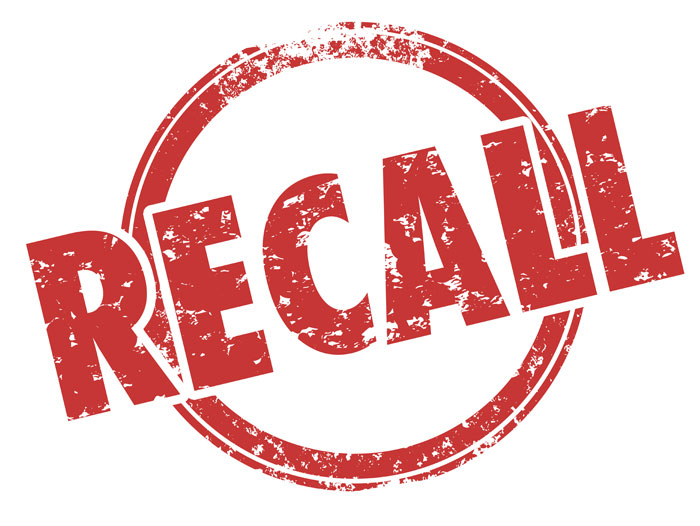2020: Undeclared Allergens Continue to be the Leading Cause of U.S. Food Recalls
November 19, 2020 | 2 min to read

For many years now, undeclared allergens have been the leading cause of food recalls in the United States. With one month remaining in 2020, this continues to hold true with 13 out of 26 U.S. Department of Agriculture (USDA) food recalls caused by undeclared or misbranded allergens. Meanwhile, of the 338 U.S. Food and Drug Administration (FDA) recall press releases that FMI has tracked this year[1], 177 have been caused by a variety of errors associated with allergens. Many of these recalls are due to labeling errors, such as the omission of allergens on product packages and using incorrect labels on product packages.
Having accurate allergen information is critical to the estimated 32 million people in the United States who suffer from food allergies. According to Food Allergy Research and Education (FARE), each year over 200,000 Americans require emergency medical care due to allergic reactions caused by food. Within the last decade, the prevalence of reported food allergies has significantly increased, with an estimated 8% of children and 11% of adults impacted by food allergies. The symptoms and severity of food allergy reactions can vary, ranging from a mild response (such as itchy, tingling tongue) to life-threatening anaphylaxis.
The retail food industry plays a significant role in assuring a safe food supply for the public. Individuals with food allergies rely on the information provided via product label or signage when making their purchasing decisions. Therefore, when it comes to food allergens, accurate information and effective communication is the key to allergen management at retail.
To read the rest of the story, please go to: FMI
